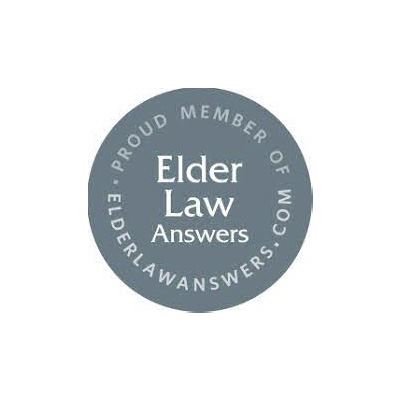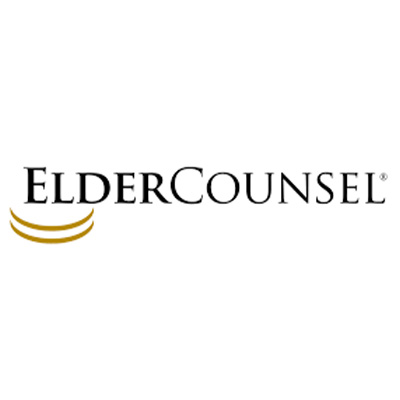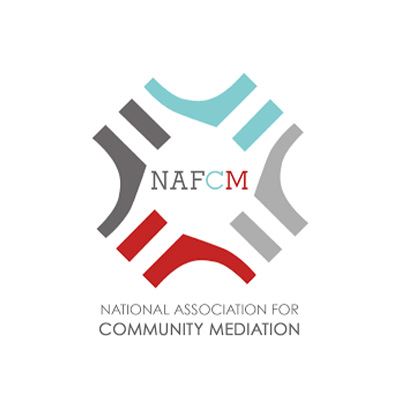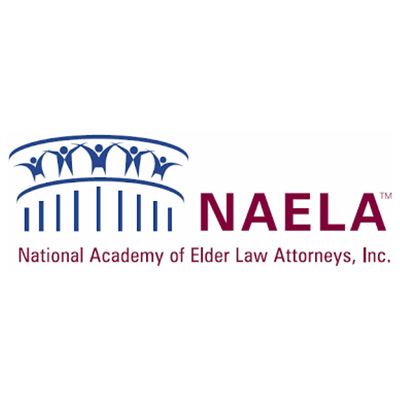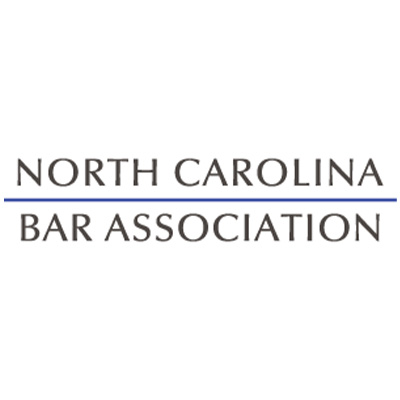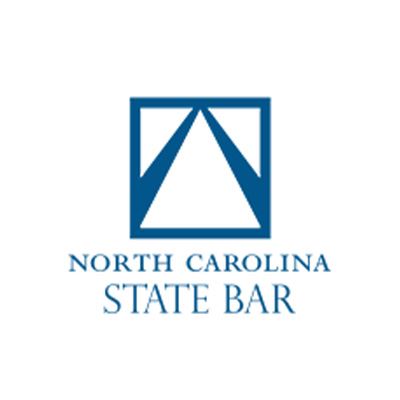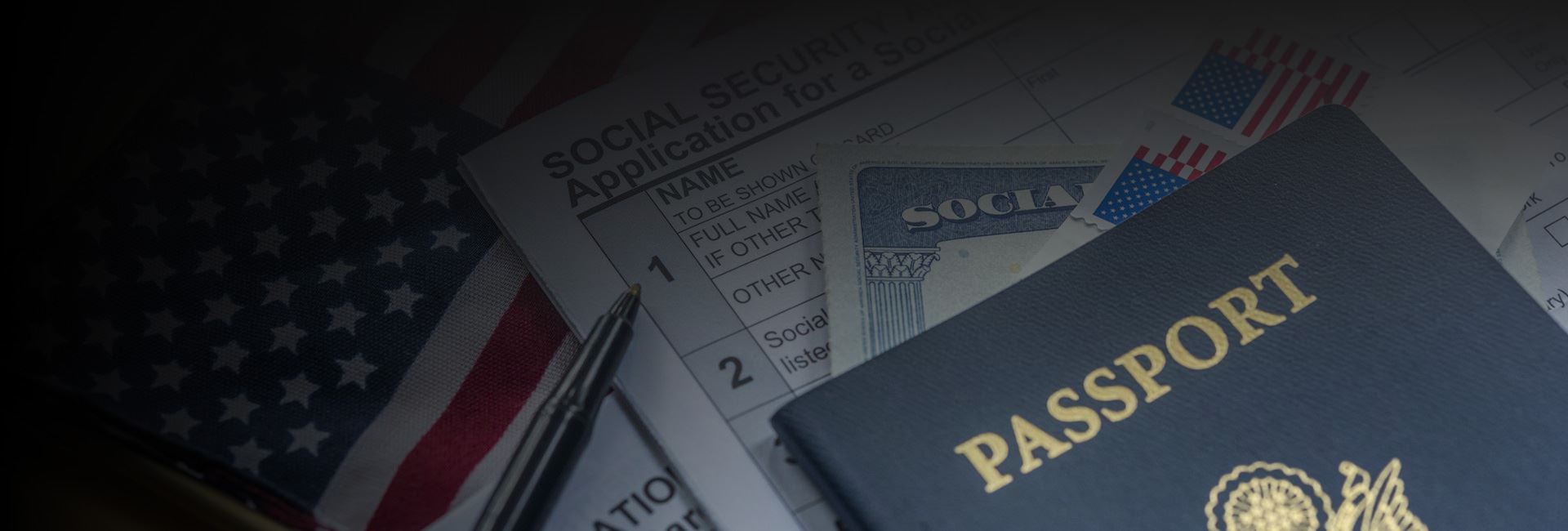
Visa Waiver Attorney In Charlotte, NC
Waivers of Inadmissibility Cases
Certain waivers are available to address a variety of inadmissibility issues. An individual may be inadmissible due to unlawful presence, fraud or misrepresentation, criminal record issues, or medical issues. If the waiver is approved, the applicant is no longer inadmissible for the issue that has been waived. It is possible to apply for a waiver of multiple grounds of inadmissibility on the same application. Depending upon the reason for the waiver, it may be necessary that the applicant prove that failure to approve the waiver would cause a qualifying U.S. citizen or LPR relative extreme hardship.
Waivers include:
- Stateside Provisional Removal Order Waivers (I-601A)
- 2-Year Foreign Residency Waivers for J-visa holders
- Regular Unlawful Presence Waivers (I-601 )
- I-212 Waivers for removal orders, criminal issues, public charges, etc.
New Stateside Provisional Waiver (I-601A) - Expanded Effective 8-29-16
On March 4, 2013, USCIS began accepting applications for the stateside provisional waiver. Currently, individuals who entered the United States without a visa are ineligible to adjust status (become a permanent resident from within the U.S.) unless an I-130 or I-140 was filed on his or her behalf before April 30, 2001. Therefore, most people who entered without inspection are required to apply for an immigrant visa at a U.S. consulate.
Unfortunately, anyone who has been in the U.S. for more than 6 months without legal status becomes subject to an unlawful presence bar upon departure from the United States. The bar requires the individual to remain outside the U.S. for 3 or 10 years (10 years if present without legal status for 1+ years) before applying for an immigrant visa, unless granted an unlawful presence waiver.
Effective August 29, 2016, this program has been expanded. Now, applicants may be the beneficiary of any approved immigrant visa petition and may show hardship to either U.S. citizen or LPR parents or spouses. Additionally, applicants with a final order of removal will now be eligible to file if they have first received the provisional approval of an I-212 waiver. This eliminates the need to have a prior immigration court case reopened. Note: individuals who received a grant of voluntary departure and failed to leave within the specified timeframe are still ineligible to file an I-601A.
Under the old process, individuals must first leave the U.S., apply for an immigrant visa at the consulate, and then submit a waiver application. He or she must then wait outside the U.S. until the waiver application is adjudicated (often a year or more). If the waiver is approved, the consulate will process the immigrant visa application. If denied, the applicant must remain outside the U.S. for the entire 3- or 10-year period.
The 2013 stateside provisional waiver allowed certain relatives of U.S. citizens to file a waiver application from within the U.S., and remain in the United States while USCIS adjudicates the application. If the provisional waiver is approved, the individual may then submit immigrant visa applications and schedule an interview at the consulate. So long as the consular officer approves the immigrant visa application, the applicant will then re-enter the United States as a permanent resident.
The eligibility requirements for the 2013 stateside waiver are:
- I-130 petitioner must be an immediate relative (U.S. citizen spouse, parent, or child)
- Approved I-130
- Payment of immigrant visa processing fees
- NVC notification of intent to file a provisional waiver application
- Must have a qualifying relative – a U.S. citizen spouse or parent – NOTE: Children are not considered qualifying relatives for purposes of the provisional waiver.
- Must have no additional grounds of inadmissibility – NOTE: If the consular official determines additional grounds of inadmissibility, the provisional waiver approval becomes void.
- Demonstrate extreme hardship to the qualifying relative
- Not have an outstanding order or removal, or have previously been removed
Extreme hardship requires proof that the hardship experienced by the qualifying relative would be different or more extreme than that experienced by other people in the same or similar situation. Each hardship case is different, and factors are determined by the qualifying relative's specific lifestyle and issues. These may include financial, emotional, medical, education, employment, and other factors.
Hardship waiver applications are extremely labor-intensive, require extensive documentation, and have a high evidentiary requirement. The Law Office of Kelli Y. Allen, PLLC will work with you to determine all possible relevant factors and present a comprehensive waiver application packet to maximize the chances of approval. Call (704) 870-0340 to schedule a consultation to determine whether you may benefit from the new stateside provisional waiver.

Whether you have questions or you're ready to get started, our legal team is ready to help. Complete our form below or call us at (704) 870-0340.
Waiver for Prior Removal (I-212)
Individuals who have a final order of removal are inadmissible to the U.S. for a designated period, most often, ten years. These individuals may apply to have these ten years waived. Unlike most other waivers, there is no requirement to show hardship to a qualifying relative. Rather, this is a purely discretionary waiver based largely on the circumstances surrounding the removal order and character of the applicant.
Recently USCIS began accepting applications for I-212 provisional waivers for individuals with unexecuted final orders of removal. Rather than having to leave the U.S., thereby executing the removal order, individuals can apply for this provisional waiver while still in the U.S. If approved, the client can leave, thus executing the removal order, knowing that they will not be subject to the 10-year bar for the prior removal order, as the waiver has already been pre-approved.

Real Testimonials, Real Cases
-
A professional & caring place.
NanC -
"Thank you Ms. Allen for your help and for your time."Mr. Fernandez
-
"Very knowledgeable, caring and professional."Anonymous


